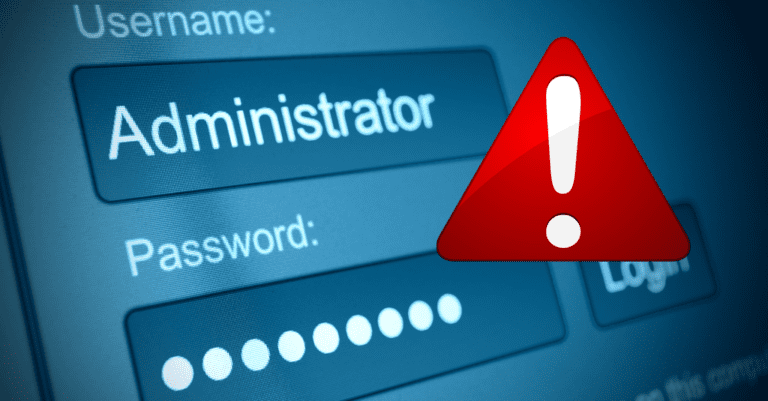GoDaddy Breach Highlights the Importance of Credential Security

Web domain and hosting provider GoDaddy is in the news again for a breach. The latest incident involves the compromise of account credentials for approximately 28,000 web hosting customers. The company’s security team discovered an altered SSH file in GoDaddy’s hosting environment and suspicious activity on several servers. The breach occurred in October 2019 and users were notified in April 2020.
After a string of similar incidents in 2019, strengthening cybersecurity should have been GoDaddy’s top priority, an oversight that may hamper them from attracting new business. These days, your clients and partners aren’t going to want to do business with you if they can’t trust you to keep sensitive data and credentials safe. These smart cybersecurity choices can help demonstrate your commitment.
Multifactor authentication is one reason why employing a secure identity and access management solution like Passly is the ideal choice to quickly, effectively, and affordably throw up a barrier between your data and cybercriminals and it’s easy to see why:
- Use a secure way to secure passwords and other credentials. A central, secure password and login storage vault that comes with a secure access and identity management solution like Passly not only gathers all those valuable credentials in one easy-to-defend place, it makes life easier for your IT staffers too, which is a win for everyone.
- Strengthen your login security to mitigate potential compromise. It’s far too easy for even novice cybercriminals to get their hands on password cracking software these days. Improving your password security by building better passwords and adding multifactor authentication to the login process quickly nets security gains.
- Always stay on guard for potential and growing threats. If you’re not using Dark Web monitoring, you’re not getting the intelligence that you need to be ready to respond to trouble. The continuous monitoring and analysis provided by Dark Web ID makes sure that you’re alerted if your company’s data, passwords, or other vital information hits the Dark Web.
Don’t put yourself in the position of having to apologize to your clients and partners after a credential compromise incident. Or worse, having to try to salvage your relationships and your reputation after an even more serious cybersecurity disaster. Make sure that your credentials are protected by strong security and ask an expert for advice on how you can make it even better.